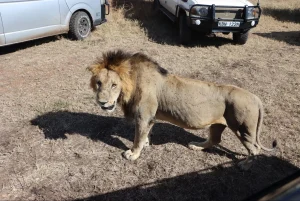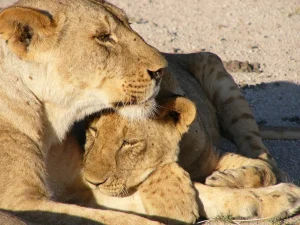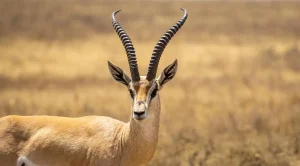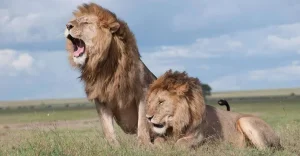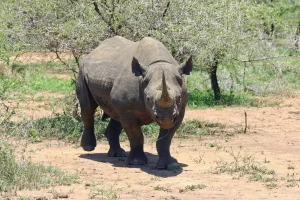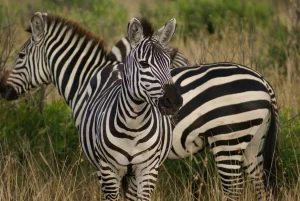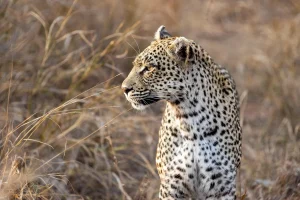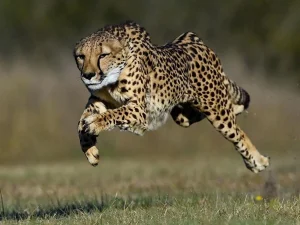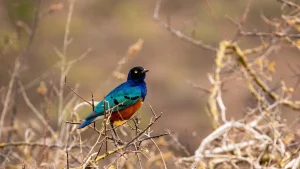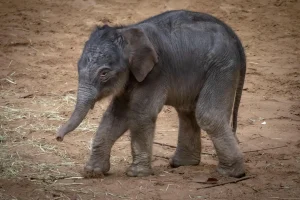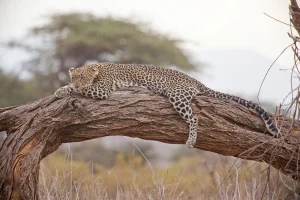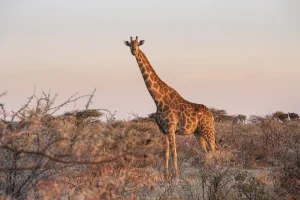The Majestic Lions of Nairobi National Park: Your Expert Guide
Many clients ask us whether there are lions in Nairobi National Park. The short answer is yes. Nairobi National Park, a truly exceptional wildlife sanctuary bordering Kenya’s bustling capital, offers an unparalleled opportunity to witness the magnificent African lion in its natural splendor. This unique urban haven plays a crucial role in lion conservation efforts around Nairobi and provides incredible chances for visitors to experience unforgettable lion sightings within Nairobi National Park. To truly appreciate these impressive Nairobi National Park lions and their intricate lives within this remarkable ecosystem, a deeper understanding of their behavior, habitat, and the efforts to protect them is essential.
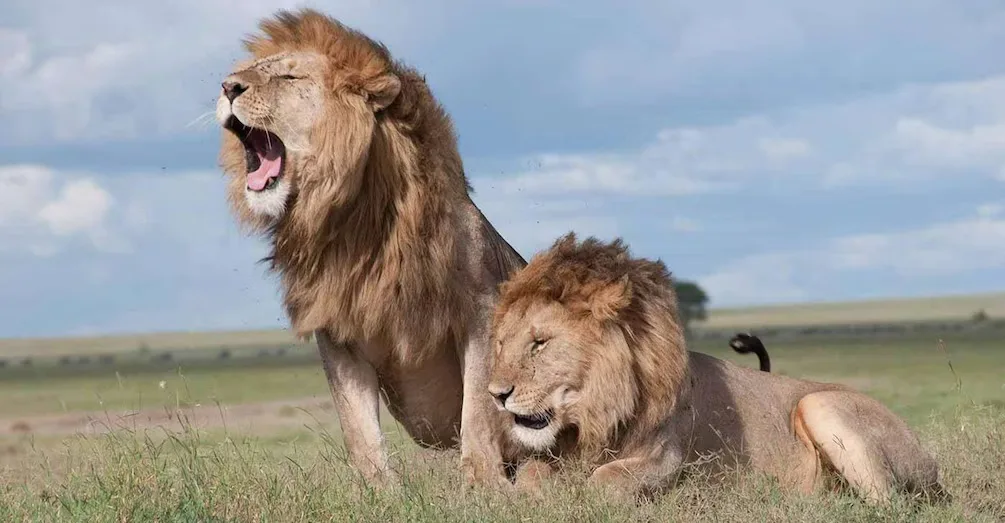
Where and When to Encounter Lions in Nairobi National Park
For those hoping to discover the prime locations for seeing lions in Nairobi National Park, knowledge of their habits and the park’s diverse terrain is invaluable. These apex predators roam freely across the park’s landscapes, which range from expansive grasslands to scattered acacia woodlands. The most opportune times to observe lions in Nairobi Park are generally during the early morning and late afternoon, as these cooler periods are when they are typically most active, whether hunting or simply moving around.
Engaging the expertise of seasoned guides on specialized Nairobi National Park lion safari tours significantly enhances your chances of a successful encounter with these impressive wild feline inhabitants of Nairobi National Park. Remain vigilant for signs indicating the presence of a lion family group within Nairobi National Park, such as fresh tracks, recent kills, or the distinctive calls of these majestic animals.
- Optimal Viewing Times: Early morning and late afternoon offer the highest likelihood of lion activity. Lions usually hunt when the weather is cool, which is early morning and late afternoon. During the day, you might miss them as they hide in bushes to protect themselves from the sun.
- Expert Guides: Their tracking skills and knowledge of lion behavior are invaluable assets. We have some of the best guides who can pinpoint the hiding spot of every lion in Nairobi National Park.
- Diverse Habitats: Lions can be found throughout the park’s various ecosystems. Our expert guides can take you to all these places to ensure you spot the lions before you leave the park.
Unveiling the Lion Population and Their Natural Behaviors
The current population of lions within Nairobi Park is a dynamic figure, influenced by ecological factors, prey availability, and ongoing conservation management strategies. These magnificent African lions residing near Nairobi exhibit a fascinating array of natural behaviors observed in Nairobi Park lions, from their sophisticated hunting techniques targeting the typical prey animals of lions in Nairobi National Park to the complex social interactions within their tightly knit prides.
Witnessing young lion cubs within Nairobi National Park is an especially rewarding and heartwarming experience, offering a glimpse into the future of these magnificent creatures. Comprehending the role of apex predators like lions in Nairobi National Park is fundamental to understanding the delicate ecological balance of the park’s overall ecosystem and its interconnectedness.
- Complex Social Structures: Lions live in prides, exhibiting intricate hierarchies and cooperative behaviors.
- Adaptable Hunting Strategies: They employ various hunting techniques tailored to their prey and environment.
- Vulnerable Young: Cubs require extensive parental care and face numerous threats in their early lives.
The Critical Importance of Conservation and Addressing Threats to Lion Survival
The continued survival of lions within Nairobi National Park faces several significant and evolving challenges. Habitat fragmentation and loss in areas surrounding the park, coupled with the potential for increased conflicts arising between humans and wildlife near Nairobi, pose substantial threats to their long-term viability. However, dedicated and science-backed lion conservation initiatives within Nairobi National Park are actively working to mitigate these threats and safeguard these iconic animals.
Raising awareness about the various dangers confronting lions in Nairobi National Park is crucial for garnering public support and resources for these vital conservation endeavors. The Kenya Wildlife Service, the authoritative body responsible for wildlife management and protection across Kenya, plays a central and expert role in overseeing and implementing strategies for the conservation of lion populations throughout Kenya’s diverse wildlife regions. Their expertise and long-standing presence lend significant authority to their conservation efforts.
- Habitat Fragmentation: Expanding human infrastructure can isolate lion populations and reduce their hunting grounds.
- Human-Wildlife Conflict: Encounters between lions and human communities can lead to retaliatory killings and pose risks to both.
- Evidence-Based Conservation: Research, monitoring, and community engagement are crucial components of effective conservation strategies.
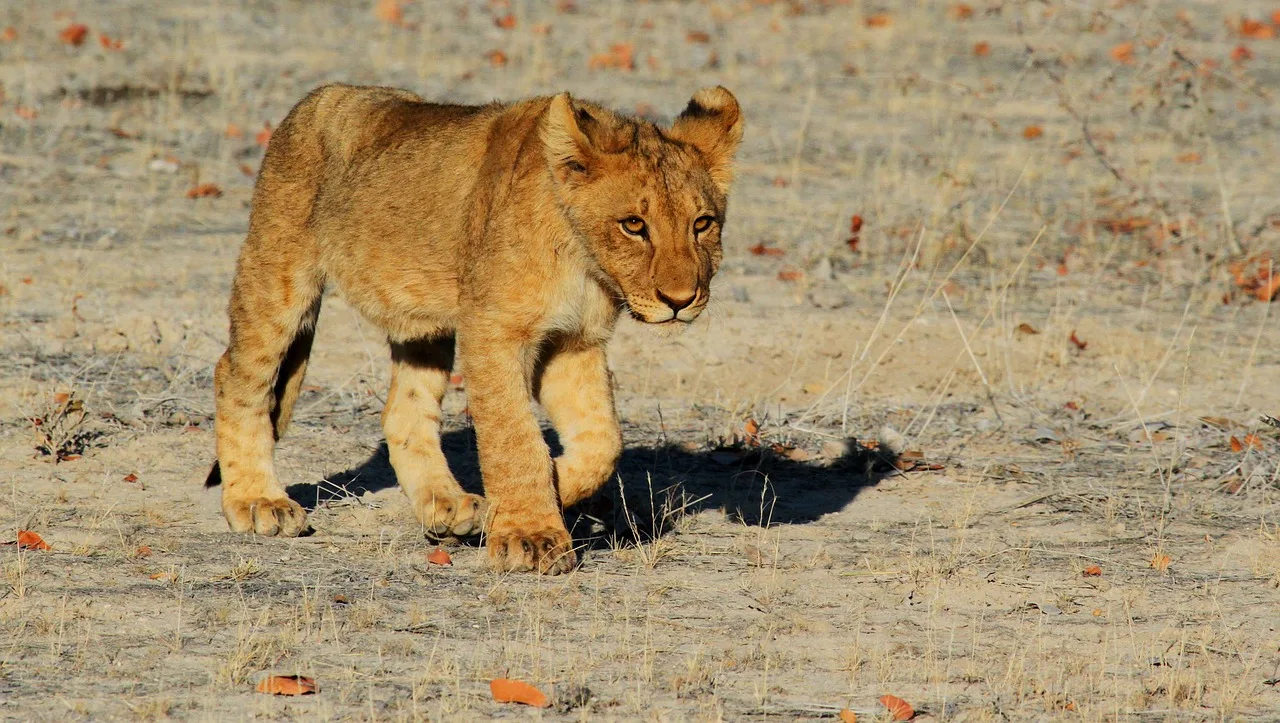
Expert Advice for Planning Your Lion-Viewing Safari
For those planning an ethical and enriching visit to Nairobi National Park with the primary goal of seeing lions, the park offers a variety of well-organized safari experiences. It is highly recommended to book with reputable tour operators who prioritize responsible wildlife viewing practices and contribute to local conservation efforts. Always remember to treat the wildlife with the utmost respect, maintaining a safe and non-disruptive distance.
Essential information regarding the current park entry fees for lion viewing in Nairobi National Park is typically available on the official Kenya Wildlife Service website and through authorized tour operators. While capturing the beauty of these magnificent creatures through ethical lion photography within Nairobi National Park can be a rewarding experience, it is crucial to prioritize their well-being and avoid any actions that might stress or disturb them. For comprehensive and expert guidelines on ethical wildlife encounters, consult the detailed visitor regulations provided by the Kenya Wildlife Service. Their established protocols ensure both visitor safety and wildlife protection.
- Choose Reputable Operators: Select tour companies committed to responsible and ethical wildlife tourism.
- Maintain Respectful Distances: Observe lions from a safe distance to avoid causing stress or altering their natural behavior.
- Consult Official Sources: Verify park regulations and fees through the Kenya Wildlife Service or authorized agents.
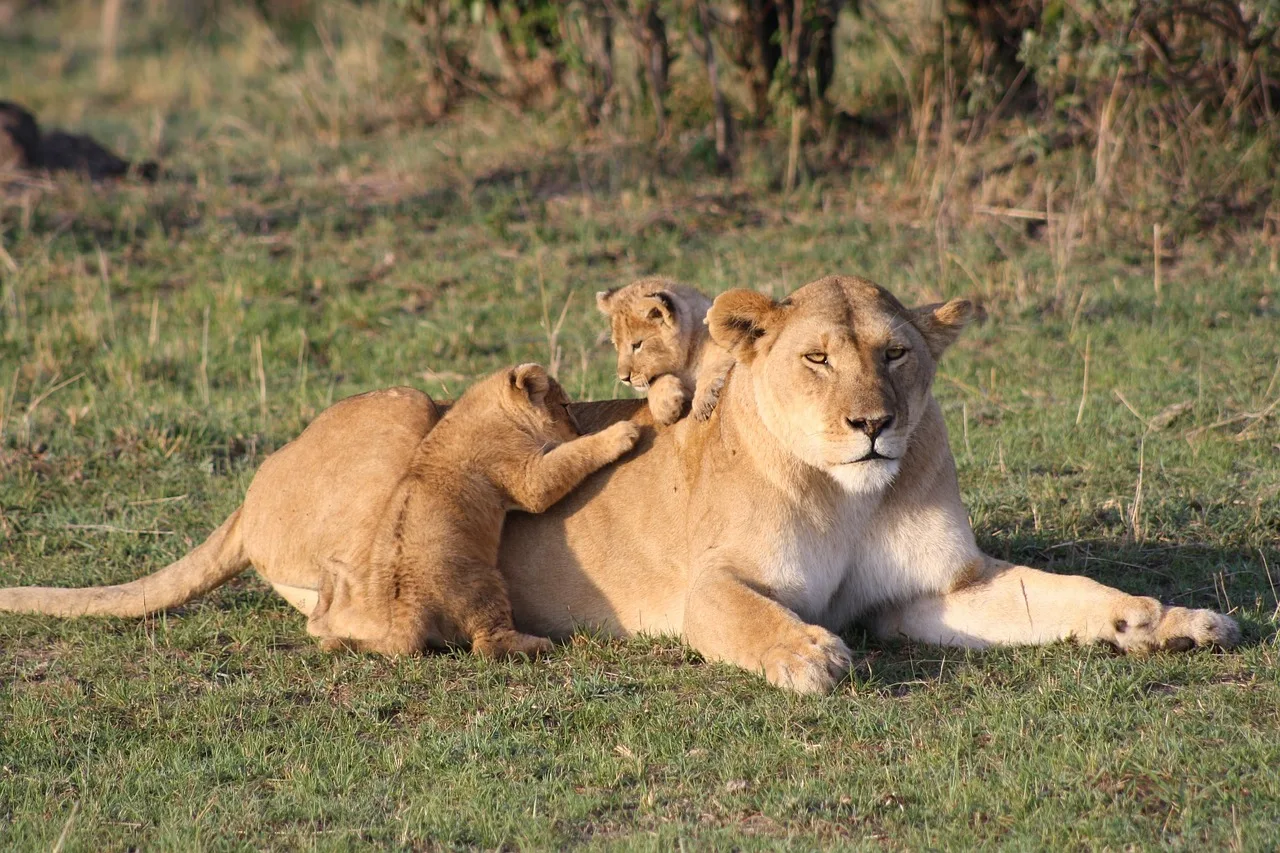
The Lion’s Indispensable Role in the Park’s Ecological Web
The presence of lions exerts a profound and far-reaching influence on the delicate ecological equilibrium of Nairobi National Park. As apex predators occupying the highest trophic level, they play a critical role in regulating populations of herbivorous animals, which in turn directly impacts vegetation patterns and the overall health and biodiversity of the park’s ecosystems. Their role is absolutely fundamental to maintaining the rich diversity of animal life that thrives within Nairobi National Park.
Gaining an understanding of the complex interactions between lions and the diverse array of other animals within Nairobi National Park provides a much deeper appreciation for this truly unique national park situated in close proximity to a major urban center. The park’s remarkable location makes it a vital area for wildlife conservation within the Nairobi region and a highly sought-after destination for safari adventures easily accessible from Nairobi. For a more comprehensive and expert understanding of the diverse spectrum of animal species encountered on African safaris, explore the educational resources provided by organizations such as the African Wildlife Foundation. Their scientific expertise contributed significantly to our understanding of these ecosystems.
- Keystone Species Function: Lions, as apex predators, play a vital role in maintaining the balance of the food web.
- Biodiversity Support: Their presence contributes to a healthy and varied community of plant and animal life.
- Unique Urban Interface: Nairobi National Park stands as a remarkable and scientifically significant example of wildlife thriving in close proximity to urban development, offering unique research opportunities.
Witnessing the majestic lions in their natural habitat within the unique context of Nairobi National Park is an experience that leaves an indelible mark. By deepening our understanding of their complex behaviors, recognizing the significant challenges they face, and actively supporting evidence-based conservation initiatives, we can all contribute to ensuring the long-term survival of these magnificent creatures for future generations. The scientific research conducted within the park also provides valuable insights into lion ecology and conservation strategies applicable across broader landscapes.

